Many of us are working from home now, schools are on the brink of closure, big events have been cancelled and the government has advised against large gatherings. We've been told social-distancing will stem the coronavirus outbreak, yet when it comes to seeing friends, why are we - the young and healthy - unsure whether the rules apply to us?
I'm in my thirties and fairly healthy. I've been debating with a number of friends about whether or not we can meet over the weekend, in place of my hen do, which we called off. In the safety of our homes, it is hard to grasp that even this might not be OK. My partner's 5-a-side is still on tonight: he is unsure whether to go. It's unclear whether social-distancing means no more gym/coffee trips/yoga/walks in the park.
For my age group, it seems many of us are unsure whether taking this seriously makes us considerate and ethical or hypochondriacs. I think deep down we know the answer, by going out we're being selfish, aren’t we? And yet in London yesterday (18 March), pubs were busy, cafes were bustling, and buses had steamed-up windows from the people still travelling on them. In Newcastle, pictures from St Patrick’s Day show drunk students spilling out of bars while in Manchester people have been spotted rubbing shoulders in nightclubs this week.
Without a slew of scare stories about high fatality rates among the young, it is easy to bury our heads in the sand. But we must remember, we could have come into contact with someone infected and could pass it on. To quell confusion, I spoke to experts to help me understand the gravity of the crisis and come to terms with what needs to be our new normal from hereon.
Don’t socialise!
‘I cannot stress enough the severity of this situation. People need to act responsibly for the sake of the wider society,’ one respiratory consultant working in an NHS hospital in London told me. She wished to remain anonymous.
‘The NHS can only do so much. We need people to be responsible, too. I would advise [anyone] to avoid social contact in line with PHE guidance. People can have few symptoms and may be in the incubation period before getting unwell - at this time I would not have social contact unless absolutely necessary.’
Socialising spreads it further
She explains that by continuing to go out and socialise we are potentially spreading the virus further. ‘We need to respect the role that self-isolation has in containing the spread and protecting those at most risk from becoming unwell,' she added.
It’s sometimes difficult to feel the severity of the crisis from the comfort of our homes, but she painted a picture of what is going on in the hospital wards.
‘Hospitals are already stretched and we have not yet reached the peak. Many intensive care facilities are already at capacity and overflowing into theatre areas. There are not enough ventilators for all the patients who get unwell. As staff are required to self-isolate for up to 14 days there will be drastic staff shortages across the NHS.’
Don’t gather in groups of 10 of more.
Dr Kate Vergara, a public health and infectious disease specialist, has spent time fighting polio in Ethiopia and helping Ebola survivors in Sierra Leone.
Speaking to Grazia, she advised against gathering in groups of 10 or more and to keep a six-foot distance from others.
We are ‘vectors’ for transferring the infection
‘The majority of people that will get infected will not die. But they are “vectors” for transferring the infection to more people in the population. This is not a time to just think of your own health. It’s a time to think about what you can do to protect others. Take yourself out of the community spread equation. Stay home and be part of the solution.’
Take yourself out of the community spread equation
Vergara told me, now more than ever, the world needs ‘our strongest and healthiest to set an example, spread the word, and join the army of informed, caring, and energetic public health officials to save lives.’
During a pandemic, the most important thing is to get your information from valid, evidence-based recommendations from public health specialists, she went on.
‘We have an opportunity to come together as a global community. As a healthy, young person, you can directly contribute to protecting others, modelling smart behaviour by social-distancing, and getting the word out. To protect your loved ones and our most vulnerable people in the population, if you have to go out for supplies, wash your hands before you go out. To protect yourself, wash your hands as soon as you come back home. Other things you can do: disinfect all surfaces that are frequently touched in your home and car. Stay healthy, calm, and informed. Eat well, get good sleep, exercise at home, and stay connected to loved ones online, over the phone or video. And check in with those that may need help.’
Social-distancing will lower the mortality rate
Dr Syra Maded, a pathogens specialist who featured in Netflix’s docuseries Pandemic: How to Prevent an Outbreak, told Grazia everyone plays a role in outbreak response – the young, the healthy, the elderly and everyone in between.
'The decisions we collectively make will have a significant impact on the trajectory of this global pandemic. As disruptive as it may be, social-distancing, that is avoiding close contact with others, will make a big difference in the number of cases we see, reduce new chains of transmission and overall, lower morbidity and mortality associated with this disease. In addition, we must take usual precautions for avoiding respiratory viruses (washing hands, covering your cough/sneeze, cleaning high-touch surfaces, staying home if sick, etc). If we ignore and chose not to adhere to these public health measures, then we’re not only putting the larger community at risk, we will also be putting a significant burden on healthcare systems which will not be able to cope with a large influx of patients.'
Watch Dr Kate Vergara's award-winning documentary film about healthcare workers in Africa addressing polio and Ebola circleofdefense.com
Read More: Coronavirus 2020 Expert Q&As
Coronavirus 2020
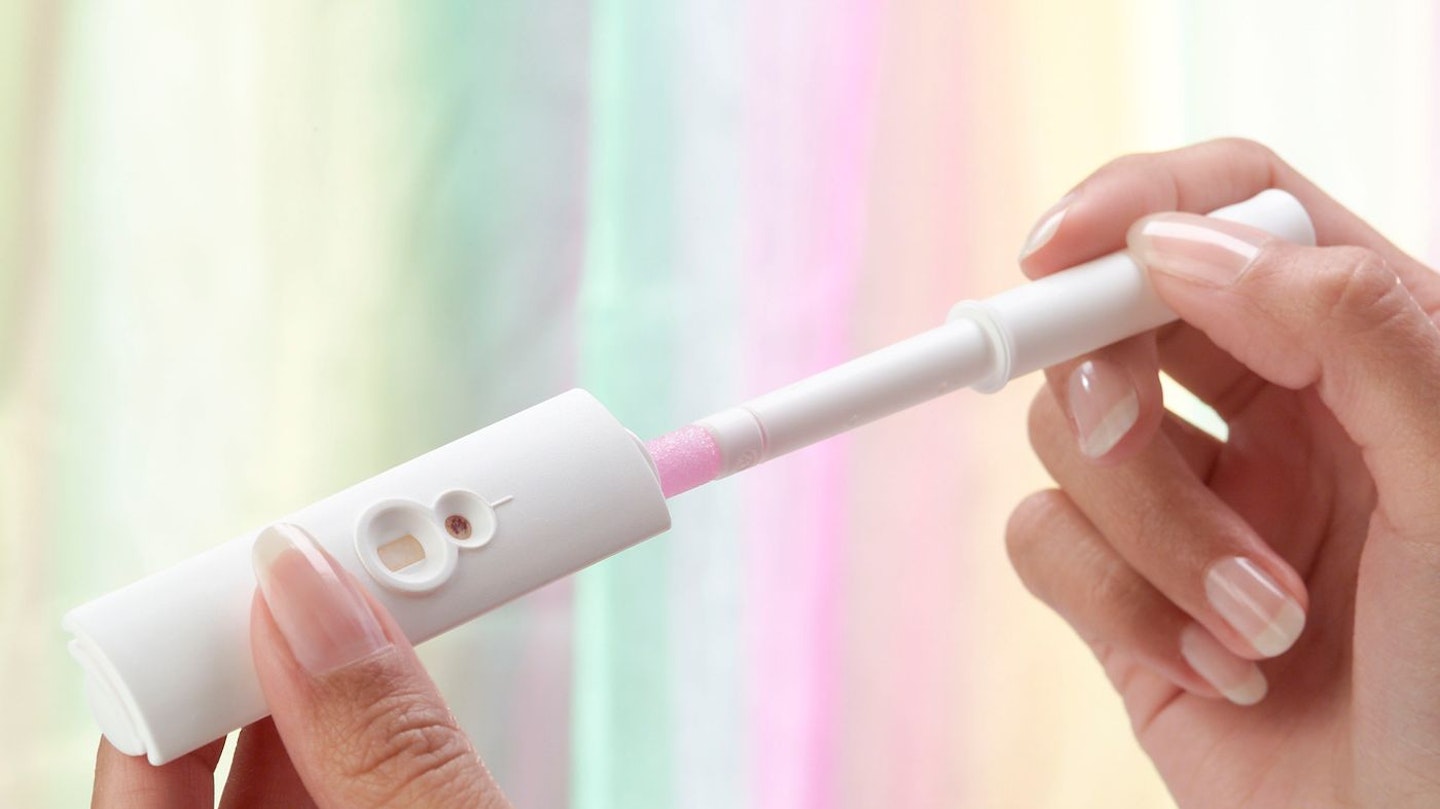 1 of 5
1 of 5Coronavirus: I Am Trying To Get Pregnant – Should I Stop?
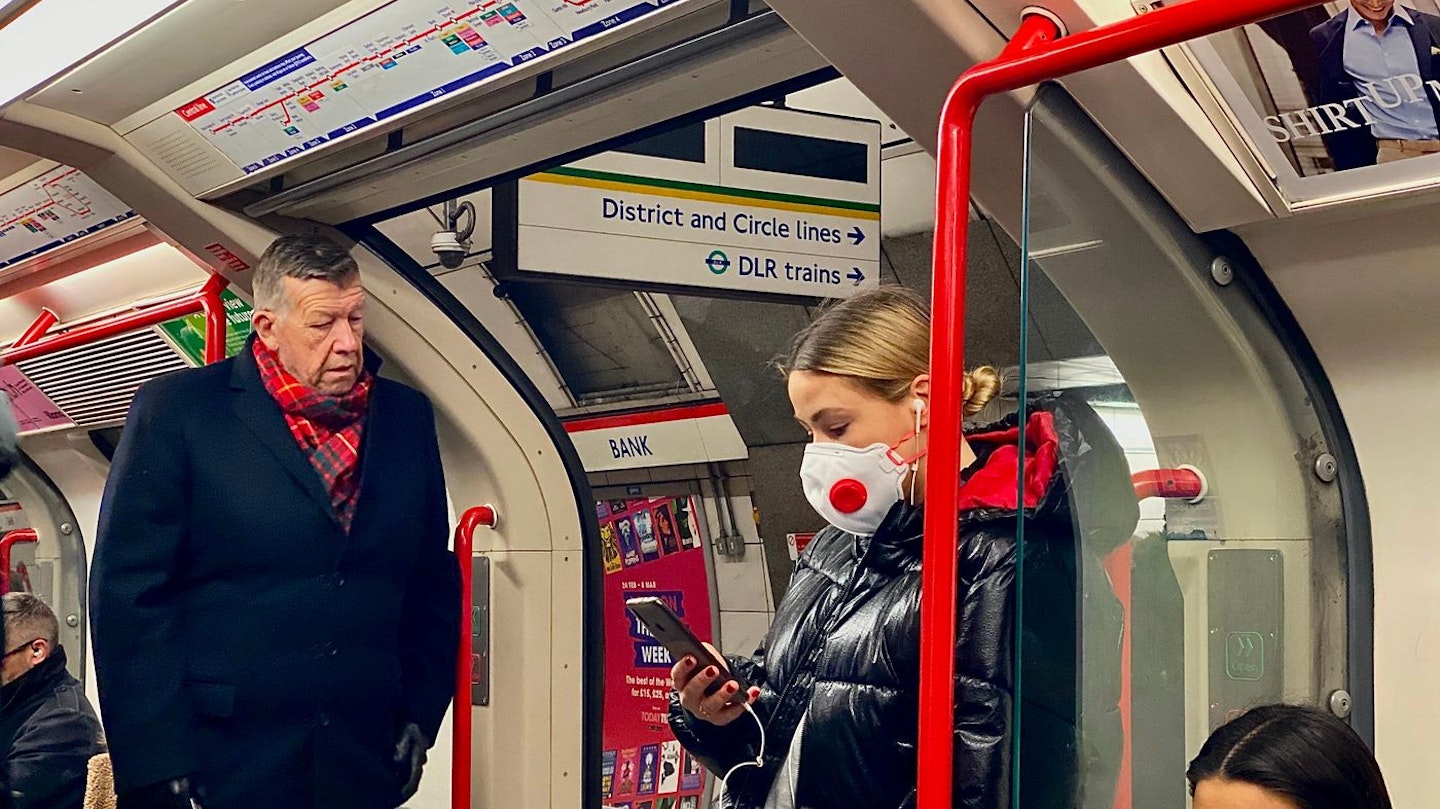 2 of 5
2 of 5Coronavirus: When Is The Virus Likely To Peak? And Should Pregnant Women Be Especially Concerned?
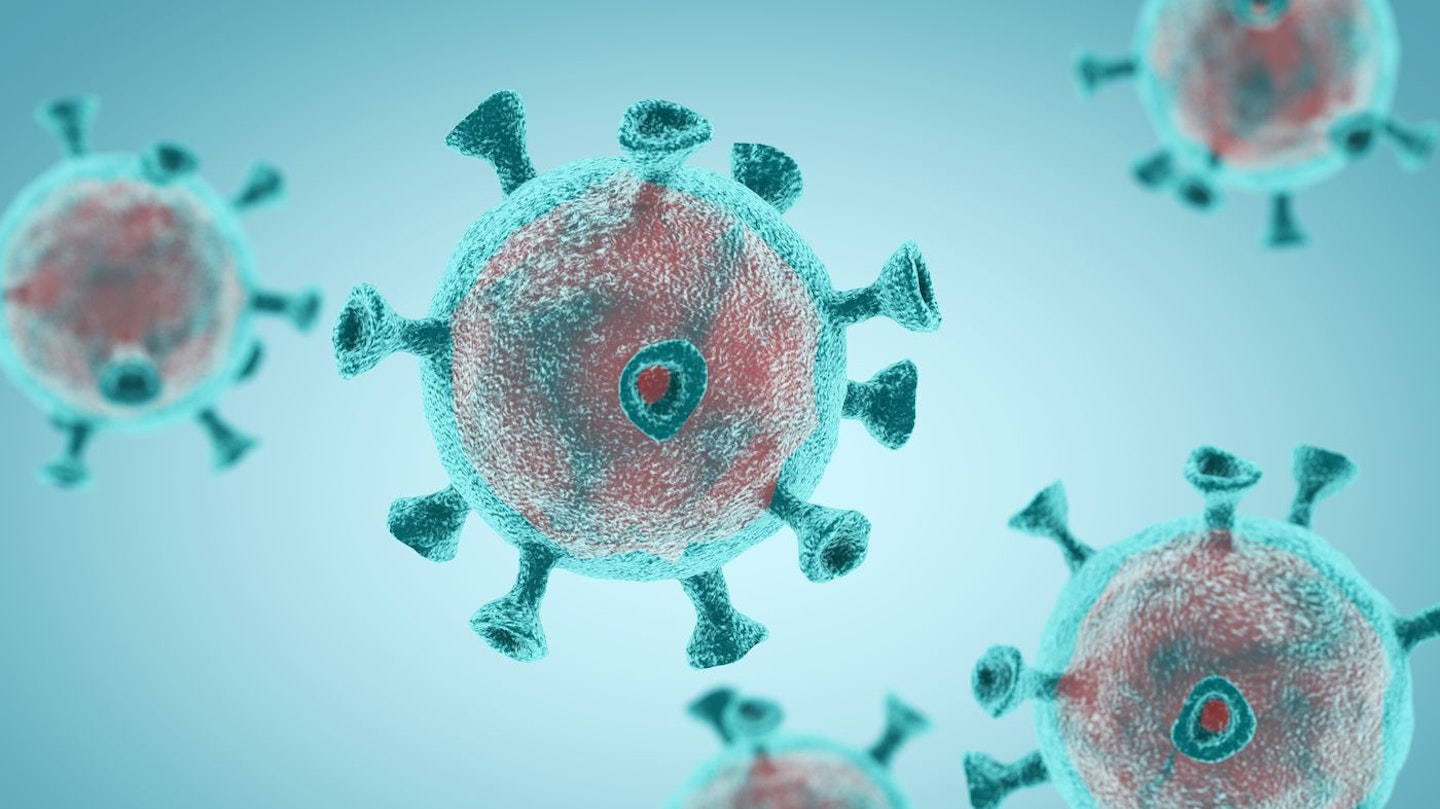 3 of 5
3 of 5Is It Hay Fever, The Common Cold Or Coronavirus?
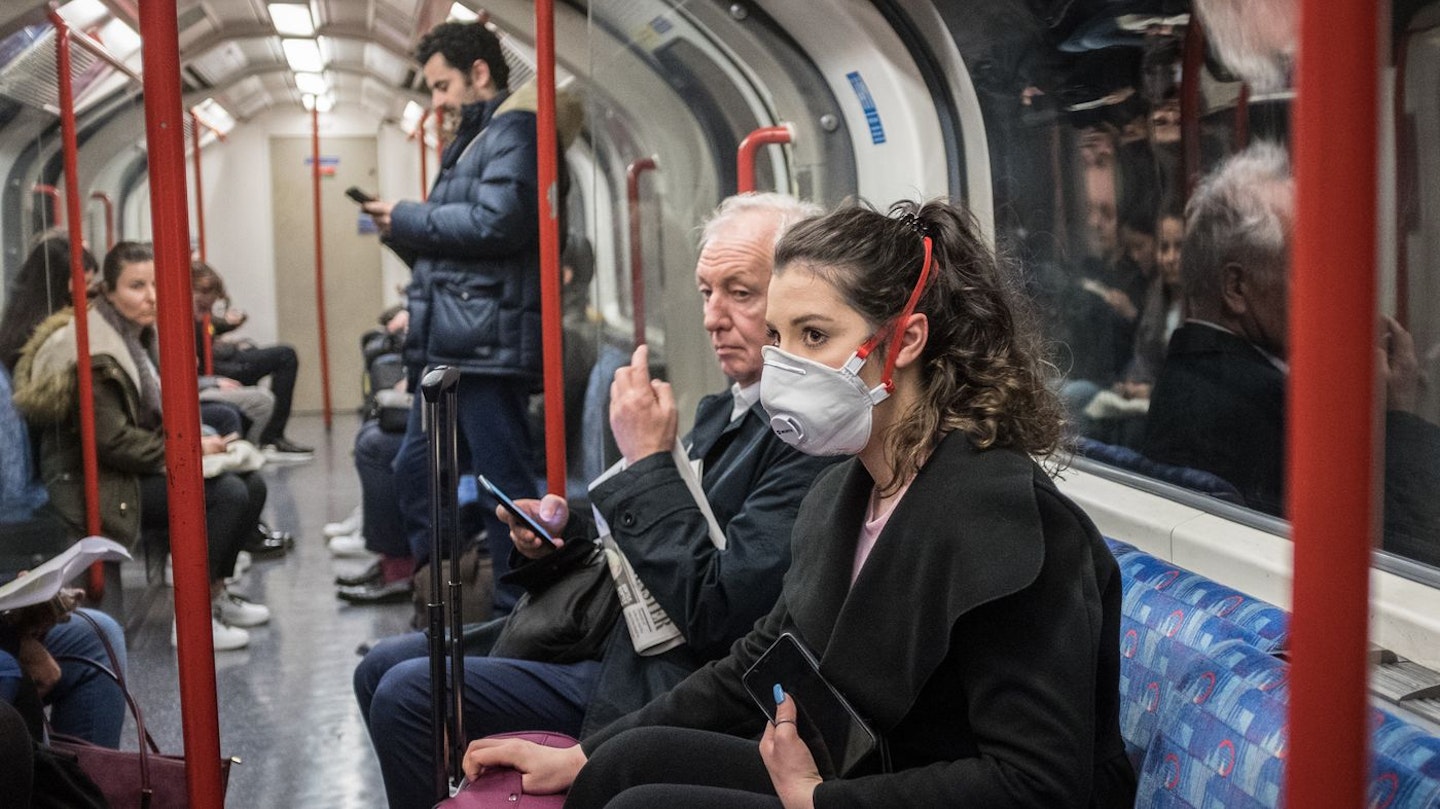 4 of 5
4 of 5Coronavirus: Widespread Transmission Is Now 'Highly Likely' As UK Cases Reach 36
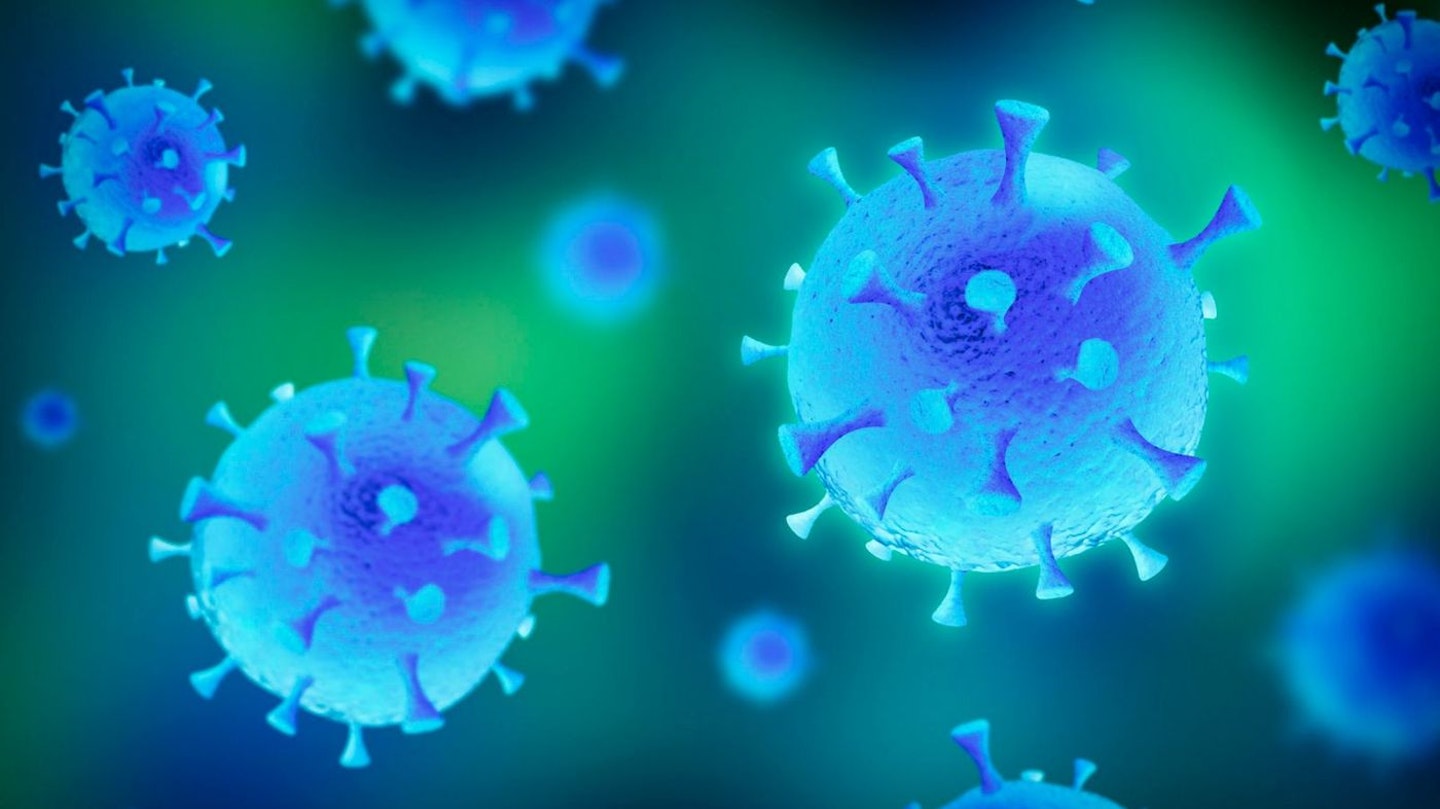 5 of 5
5 of 5